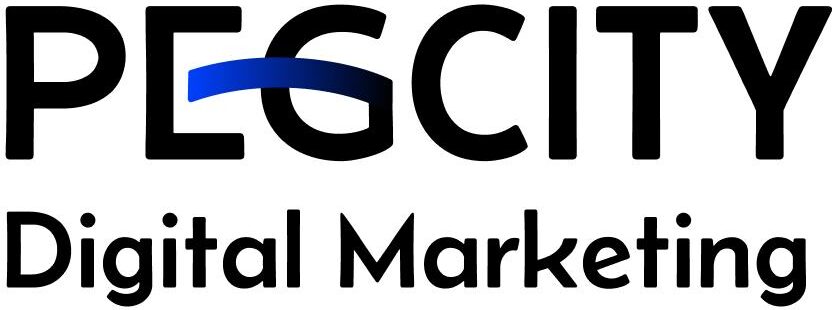Local SEO vs Traditional SEO. When it comes to improving your online visibility, SEO (Search Engine Optimization) is essential. Not all SEO strategies are the same. If you’re aiming to attract customers in a specific geographic area, Local SEO is often more effective for your business than Traditional SEO. Recognizing the differences between these two approaches can help you select the right strategy to boost your online presence and achieve significant results.
What Is Traditional SEO?
Traditional SEO focuses on improving a website’s visibility on a national or global scale. The primary goal is to rank for broad, industry-specific keywords that users search for, regardless of their physical location.
Key elements of traditional SEO include:
Keyword Research: Targeting broad keywords with high search volumes.
Content Optimization: Creating valuable, evergreen content that appeals to a wide audience.
Link Building: Earning backlinks from reputable websites to build authority.
Technical SEO: Optimizing site speed, mobile-friendliness, and site structure for better indexing.
User Experience: Improving on-site engagement through clear navigation, fast loading times, and quality content.
Traditional SEO is ideal for businesses that sell digital products, offer remote services, or cater to a national or international customer base.
What Is Local SEO?
Local SEO is a specialized strategy focused on increasing a business’s visibility in local search results. It’s designed to help businesses connect with people who are searching for products or services in their immediate area.
Key elements of local SEO include:
Google Business Profile Optimization: Claiming and optimizing your Google listing with accurate business information.
Local Citations: Ensuring your business is listed consistently across online directories.
Localized Content: Creating content that’s relevant to the local community or service area.
Reviews and Reputation Management: Gathering positive reviews on platforms like Google, Yelp, and TripAdvisor.
Location-Specific Keywords: Targeting search terms that include city or region names, such as “best dentist in Winnipeg” or “SEO agency near me.”
Local SEO is critical for businesses like restaurants, law firms, real estate agencies, and retail stores that rely on local clientele.
Why the Distinction Matters
Choosing between local SEO and traditional SEO isn’t just about strategy—it’s about targeting the right audience. If your business serves a specific community, investing heavily in traditional SEO may not deliver the results you need. On the other hand, a national brand may find local SEO tactics too narrow to achieve broad visibility.
Here’s why aligning your SEO strategy with your business model is crucial:
Higher Conversion Rates: Local SEO often results in higher conversion rates because users searching for local services typically have immediate needs.
Cost Efficiency: Local SEO campaigns tend to be more cost-effective for small and medium-sized businesses targeting a specific area.
Better ROI: When your SEO strategy aligns with your audience’s intent, your marketing dollars go further.
Local SEO vs Traditional SEO; Conclusion
Both local SEO and traditional SEO play important roles in digital marketing, but the best choice depends on your business goals.
At PegCity Digital Marketing, we specialize in crafting customized SEO strategies—whether you need a hyper-local campaign or a broad-reaching optimization plan. Let us help you grow your visibility, attract the right audience, and achieve measurable results.
Contact us today to discuss the best SEO solution for your business!



